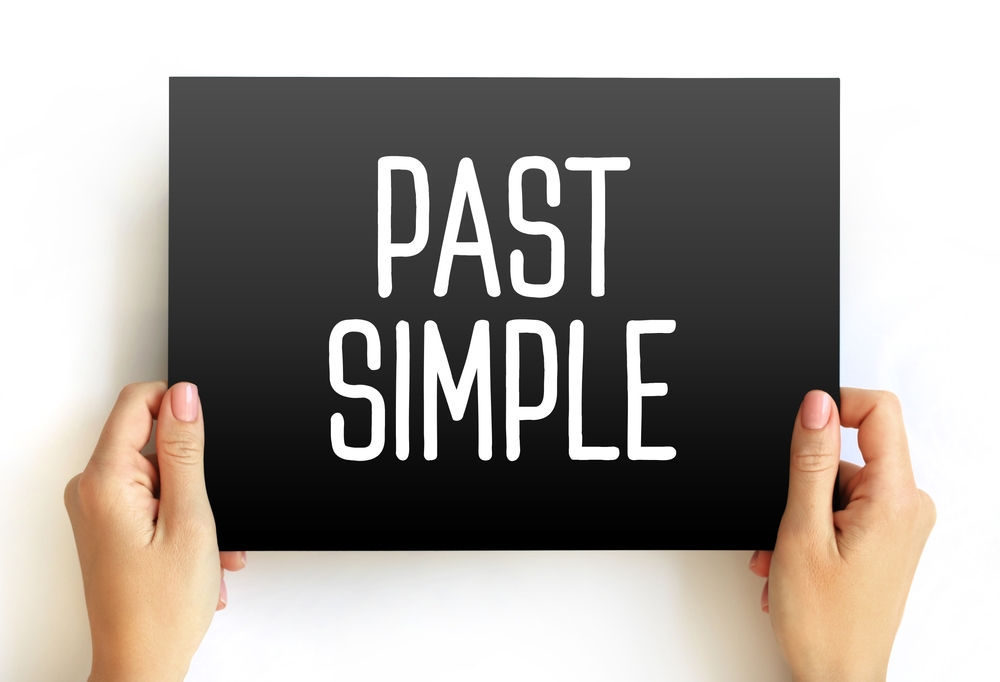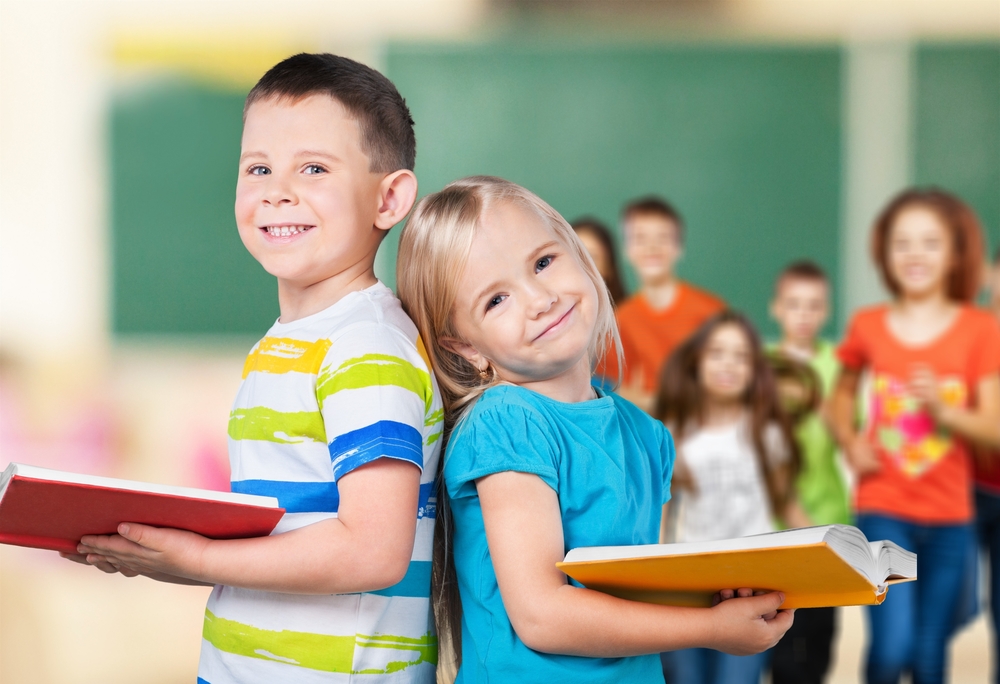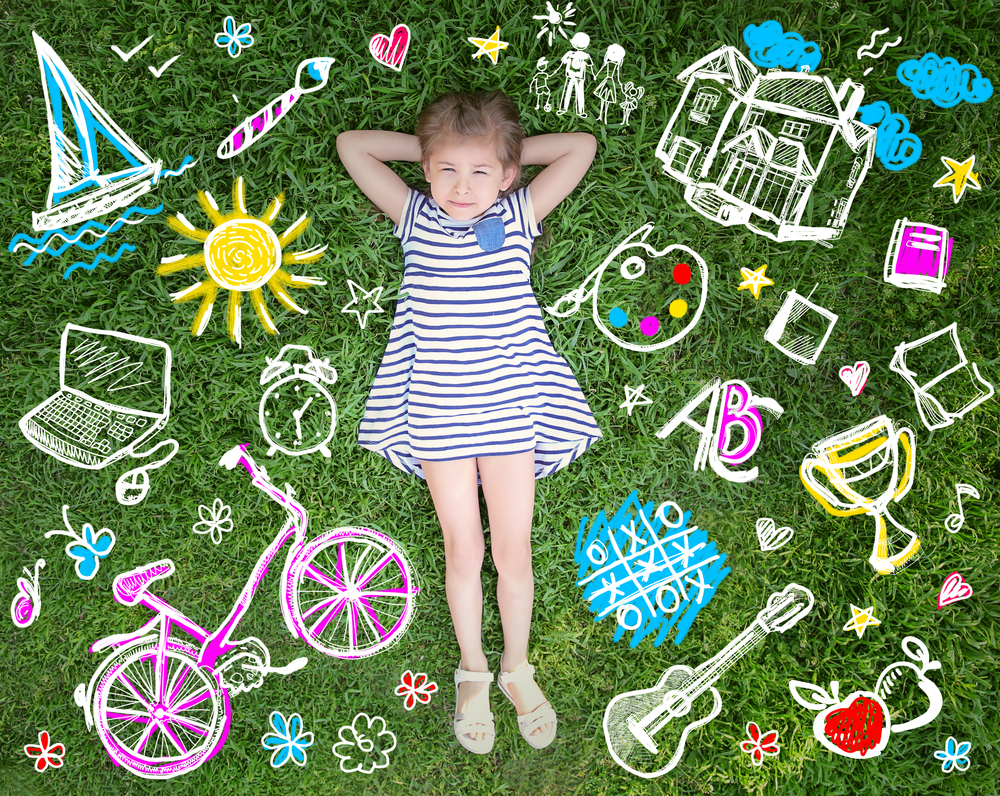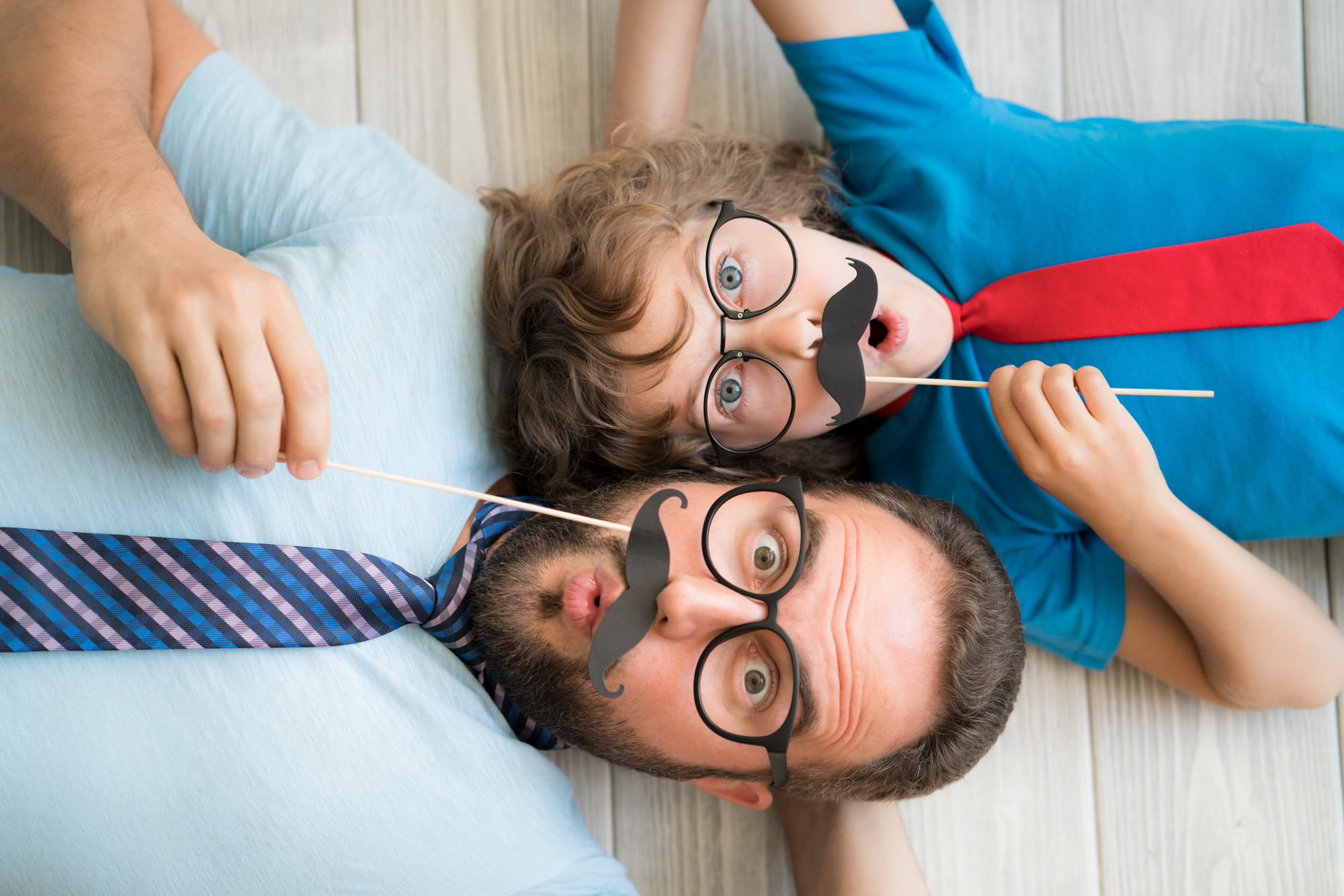Practicing experimental design Worksheets for Kids
1 filtered results
-
From - To
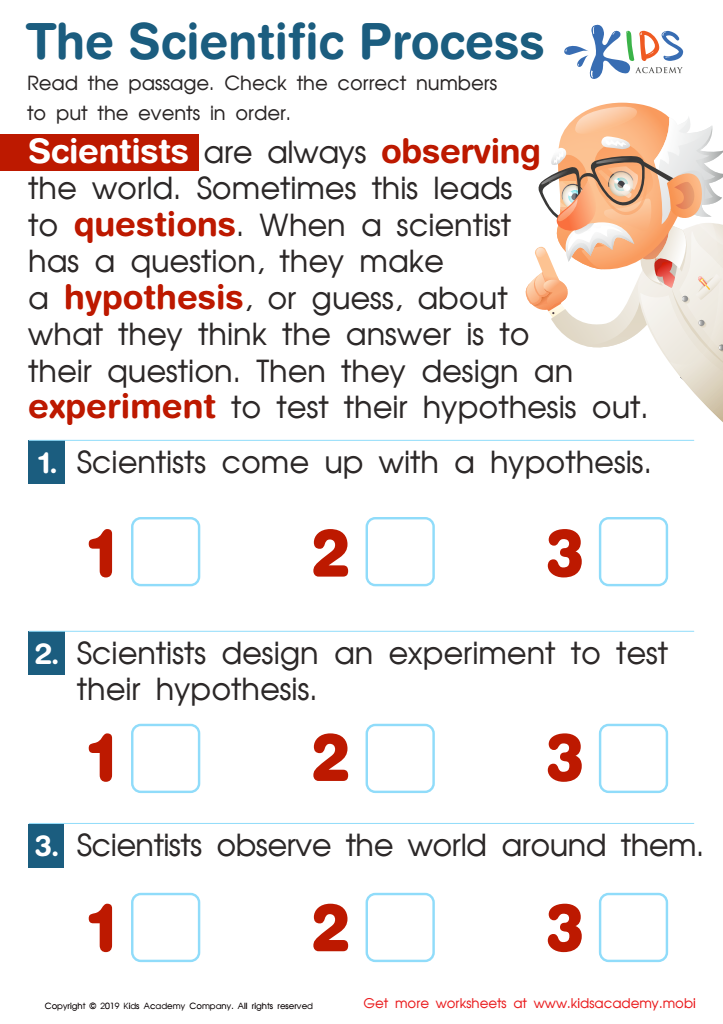

The Scientific Process Worksheet
Question/Answer
What are some effective activities to train students’ Practicing experimental design skill when teaching them about Reading Non-Fiction?
To train students in experimental design while teaching about Reading Non-Fiction, engage them in activities such as: - Analyzing case studies from non-fiction texts to identify variables and hypotheses. - Designing surveys or experiments based on information in non-fiction articles, including planning data collection methods.
What does the Practicing experimental design skill mean when it comes to Grade 2 Reading Non-Fiction learning?
Practicing experimental design skills in the context of Grade 2 Reading Non-Fiction learning involves students learning to plan and carry out simple experiments or investigations related to the non-fiction topics they read about. This skill helps them understand how to test ideas or hypotheses, observe outcomes, and make conclusions, enhancing their comprehension and application of non-fiction content.
Why is the Practicing experimental design skill important for Grade 2 students?
Practicing experimental design skill is crucial for Grade 2 students because it fosters critical thinking, problem-solving abilities, and an understanding of cause and effect. It lays a foundation for scientific literacy by introducing them to the basic principles of investigation and inquiry, encouraging curiosity, and developing skills to systematically explore the world around them.
 Assign to the classroom
Assign to the classroom
